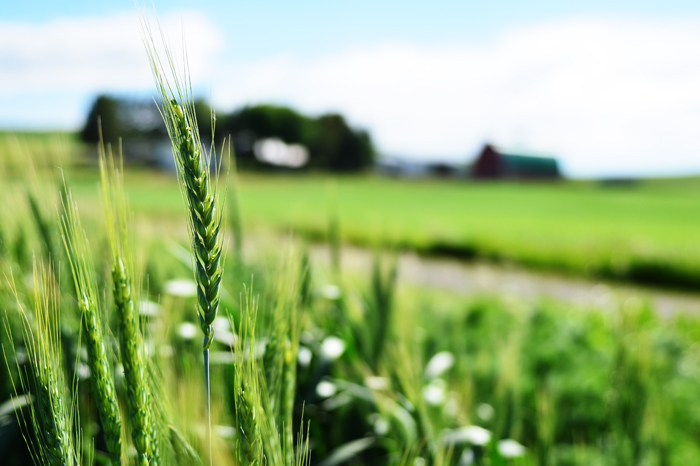Idaho wants you to eat your fugitive dust
October 16, 2013
The average fee for producing dust in Idaho is $2,313.33.
Run-of-the-mill dust does not carry such a phenomenal price tag, but “fugitive dust” does. According to the Idaho Department of Environmental Science (IDEQ), fugitive dust is particulate matter suspended in the air due to human activities, such as vehicular/equipment movement on unpaved surfaces.
Dust is a byproduct of harvesting crops and raising livestock consisting of small liquid and solid particles, according to IDEQ. Methods to minimize dust creation should be used when appropriate, but it is unrealistic to assume that dust production could ever be eliminated completely.
Recently IDEQ regulators have fined farmers for creating dust during normal agricultural activities, according to Capital Press. Fugitive dust is linked to negative impacts on human health and the environment. It should be regulated, but without the aim of targeting farmers.
With six fines issued in the last three years by IDEQ to manufacturing and processing-related activities, like grain handling, which can create fugitive dust, Idaho farm leaders are concerned that farmers are being unnecessarily targeted, according to the Capital Press article. Environmental regulators have the power to issue fines for creating dust due to an Idaho law passed in 1972.
Six fines may not raise concerns for some, but with the maximum fine set at $10,000, farmers should take notice. The IDEQ issued one fine for $4,300, one for $1,440 and another for $1,200. The remaining fines are still being negotiated.
Grinding grain, which was one of the dust-raising offenses IDEQ cited, releases many small particles into the air. By processing feeds in enclosed buildings, dust released into the atmosphere can be reduced.
On the other hand, dust in confined spaces can lead to severe respiratory issues for personnel working in the facilities and safety risks due to the flammability of dust.
Since fugitive dust is composed of miniscule particles, it can remain airborne for weeks and when inhaled, it is more likely to travel deep into the lungs, according to IDEQ. Thus, accumulation of fugitive dust in the lungs can cause respiratory illness, lung damage and premature death from related issues.
During wheat harvesting season in Pullman, the dust settles over the WSU campus like a pestilence, bringing with it coughing, asthma attacks and an overall respiratory nightmare.
According to IDEQ, Idaho’s weather contributes, much like the weather in Pullman, to the creation of fugitive dust. The combination of long, hot summers and high winds does not create a dust-free paradise.
Obviously, fugitive dust is a problem and there are steps that farmers and livestock owners can take to reduce the impact on the environment.
To protect themselves from the elevated mortality due to respiratory conditions, farmers are advised to wear protective equipment in abnormally dusty conditions, according to Iowa State University. Most farmers don’t don a respirator to take care of day-to-day activities, but in high dust environments, it might be a good idea.
To control dust at the farm level, there are many available approaches. The IDEQ recommends limiting work on dusty days, using wind erosion controls, enclosing storage and handling areas, keeping storage piles covered and reducing speed limits on unpaved roads.
All of these techniques could be applied to an agricultural facility, while keeping in mind that dust is still inevitable. Such actions would simply diminish, and not eliminate, the problem.
Farming is a necessary activity. Food, whether for animals or humans, is vital to life. IDEQ regulators should use the law to help farmers implement protocols to minimize the production of fugitive dust, not saddle them with ridiculously large fines.
The purpose of the law, which is “to require all reasonable precautions be taken to prevent the generation of fugitive dust,” is relatively ambiguous, according to the Capital Press article.
With respect to IDEQ regulators, the law’s broad parameters give each regulator the power to determine what is “reasonable.” As a result, the law will not be enforced universally or fairly.
If farmers have to fight outdated legislation, which at times can be unreasonable, they might be encouraged to look for employment elsewhere.
The law should either be rewritten or IDEQ regulators should be encouraged to work with farmers to avoid issuing fines, unless the cost of dust is more important than our food supply.
-Corrine Harris is a senior animal science major from Edmonds. She can be contacted at 335-2290 or by [email protected]. The opinions expressed in this column are not necessarily those of the staff of The Daily Evergreen or those of Student Publications.






















